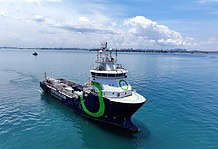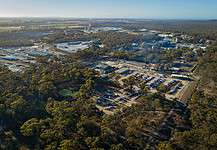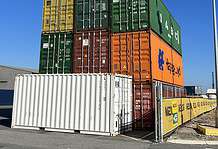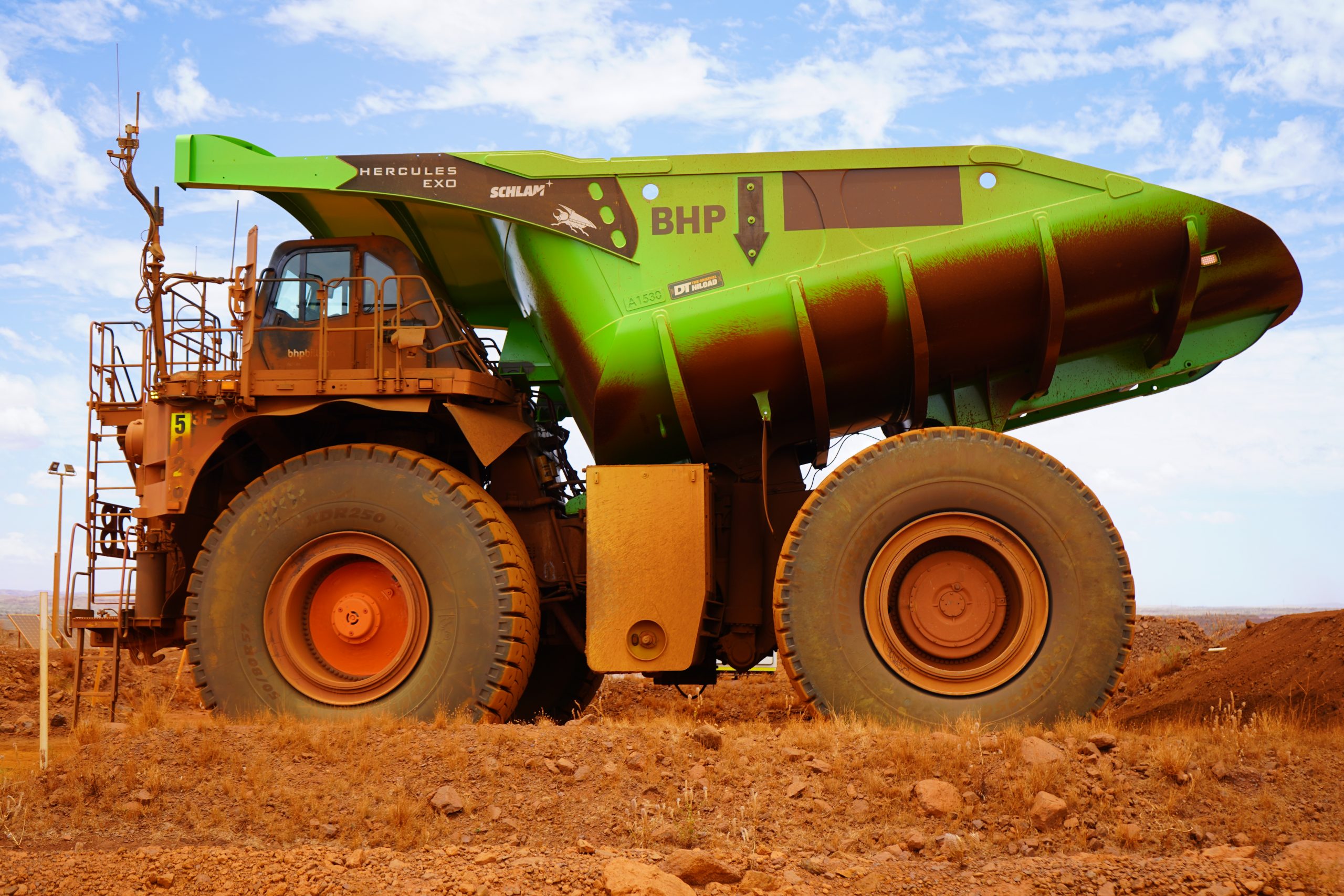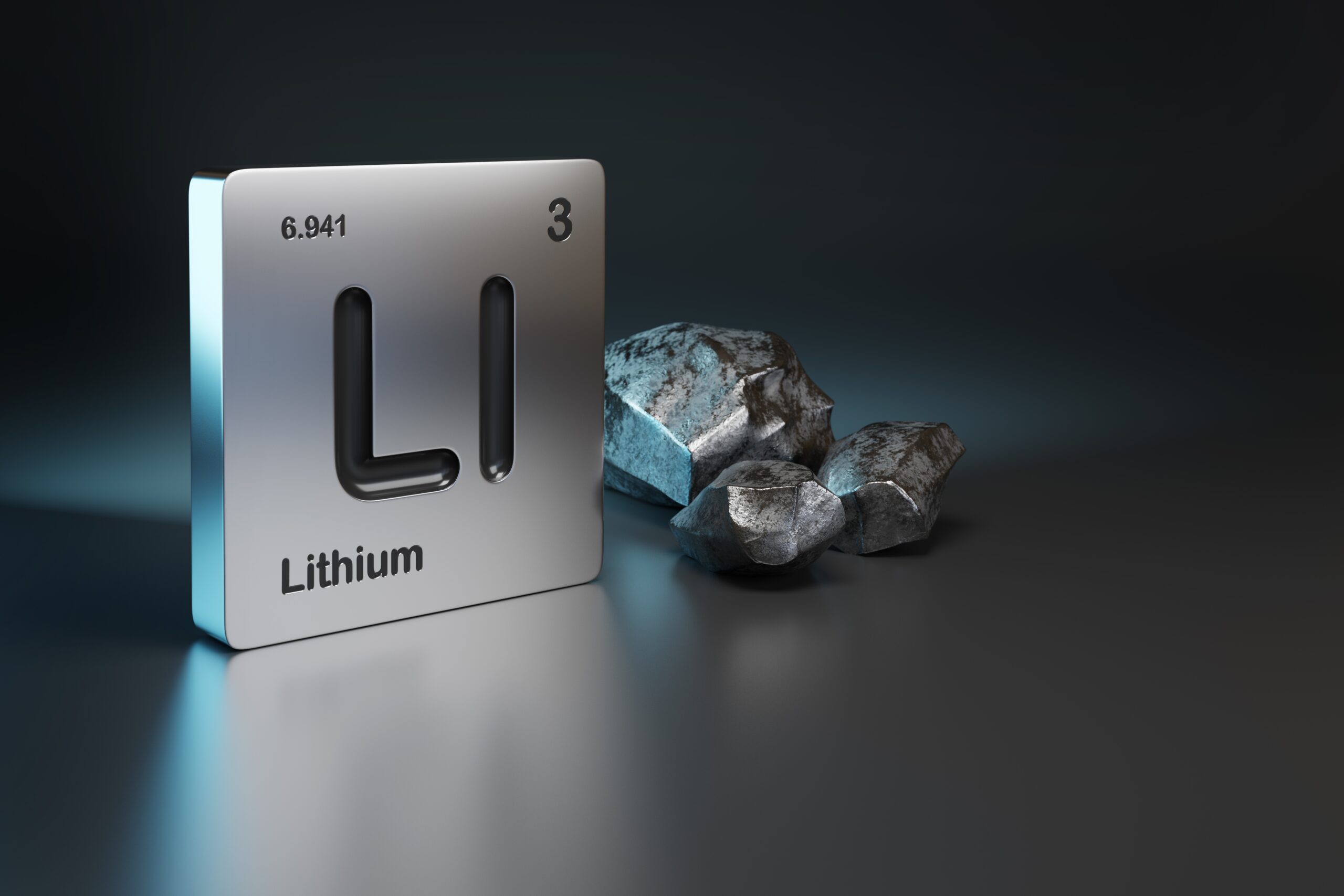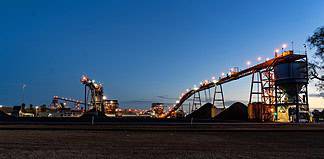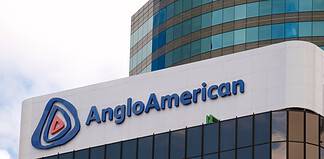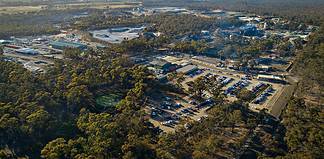This is an article from the Australian Mining Review, Mining Magazine
BHP is trialling the use of hydrotreated vegetable oil (HVO) to help power mining equipment at its Yandi iron ore operations in WA as the mining giant moves to cut greenhouse gas emissions from diesel fuel as part of its decarbonisation strategy.
Supplied through a collaboration with bp, the renewable diesel made from HVO will be used in haul trucks and other mining equipment over an initial three-month trial period.
BHP Western Australia Iron Ore (WAIO) Asset President Brandon Craig says about 40% of BHP’s operational greenhouse gas emissions come from using diesel fuel.
“Ultimately, our aim is to have fully electric trucking fleets at our sites, but alternative fuels like HVO may help us reduce our emissions in the meantime while the electrification transition takes place.”
“This collaboration with the teams at Yandi and bp is really exciting to see, given the potential application in our WAIO business and BHP’s operations globally.”
bp President Australia, and SVP fuels and low carbon solutions, Asia Pacific, Frederic Baudry says bp’s ambition is to be a net zero company by 2050 or sooner and to also help the world get to net zero.
“Globally, bp plans to increase its investment in low carbon energy,” he said.
“Forging strategic partnerships with companies like BHP enables bp to create solutions that satisfy the increasing demand for lower carbon fuels in sectors like mining and transport.”
A haul truck at Yandi currently features a specially painted green tray for the HVO trial.
BHP has a medium-term target to reduce operational greenhouse gas emissions by at least 30% by FY2030, from an FY2020 baseline.
About 40% of BHP’s operational emissions in its FY2020 baseline year came from diesel-powered equipment.
The HVO is to have internationally recognised certification as being sourced from more sustainable feedstocks such as waste products.




